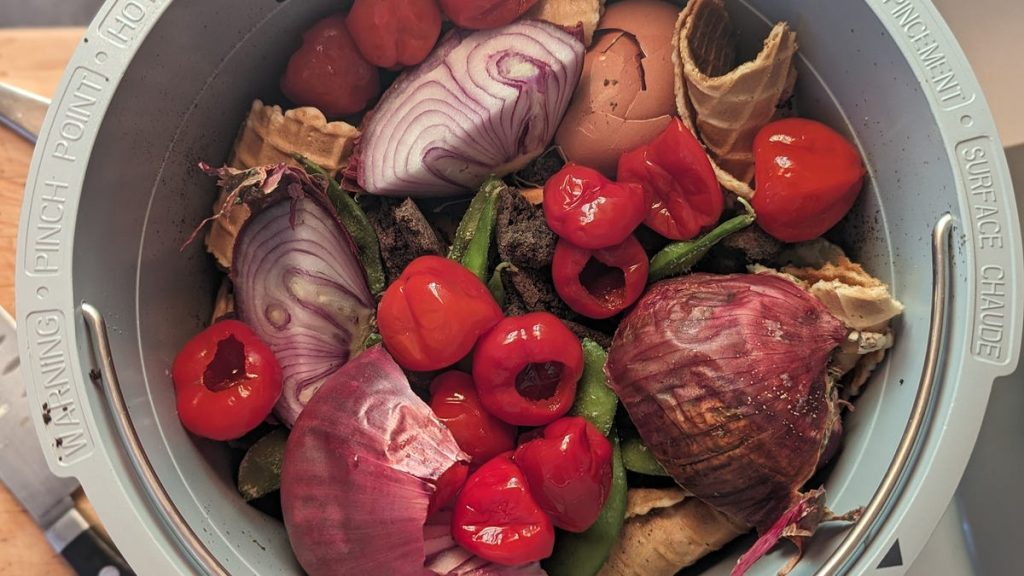This article discusses the impact of food waste on the environment and the benefits of using a countertop food recycler to reduce this waste. The author describes the various food items that they had previously wasted, such as lettuce, tomatoes, and bread, and how these items can contribute to greenhouse gas emissions in landfills. They highlight the fact that food waste accounts for nearly 60% of greenhouse gas emissions from landfills, making it a significant environmental concern. The author shares their experience with using a Lomi Bloom countertop food recycler to process their food waste into plant fertilizer, rather than letting it decompose in a landfill.
The author emphasizes the importance of considering options for reducing food waste and the benefits of owning a countertop composter. They acknowledge that while some food waste is inevitable, there are actionable steps that individuals can take to minimize their impact on the environment. The author conducted an experiment to measure their weekly food waste and found that they generated 91.2 ounces of food waste, which was significantly reduced to 20 ounces after processing it through the composter. This reduction in food waste can have a significant impact on overall environmental sustainability.
The author also addresses common misconceptions about food waste, such as the belief that all food waste is biodegradable and therefore harmless. They point out that food waste, when not properly processed, can contribute to greenhouse gas emissions and waste valuable resources. The author recommends considering options for reducing food waste, such as owning a countertop food recycler, as a way to take actionable steps towards sustainability.
The author shares their personal experience with owning a countertop food recycler and emphasizes the positive impact it has had on their waste reduction efforts. They note that the primary benefit of owning a food recycler is not only the availability of usable soil but also the feel-good factor of reducing waste and offsetting their environmental impact. The author also addresses common concerns about using a countertop composter, such as noise, smell, and space requirements, noting that these were not issues in their experience.
In conclusion, the author encourages readers to consider options for reducing their food waste and highlights the benefits of owning a countertop food recycler. They note that while these devices may come with a price tag, the value of reducing food waste and taking actionable steps towards sustainability is immeasurable. By investing in a countertop food recycler, individuals can make a positive impact on the environment and contribute to a more sustainable future.
Is it Worth Investing in Countertop Composters? I Tracked My Food Waste for a Week to Find Out.
Keep Reading
Subscribe to Updates
Get the latest creative news from FooBar about art, design and business.
© 2026 Globe Timeline. All Rights Reserved.












